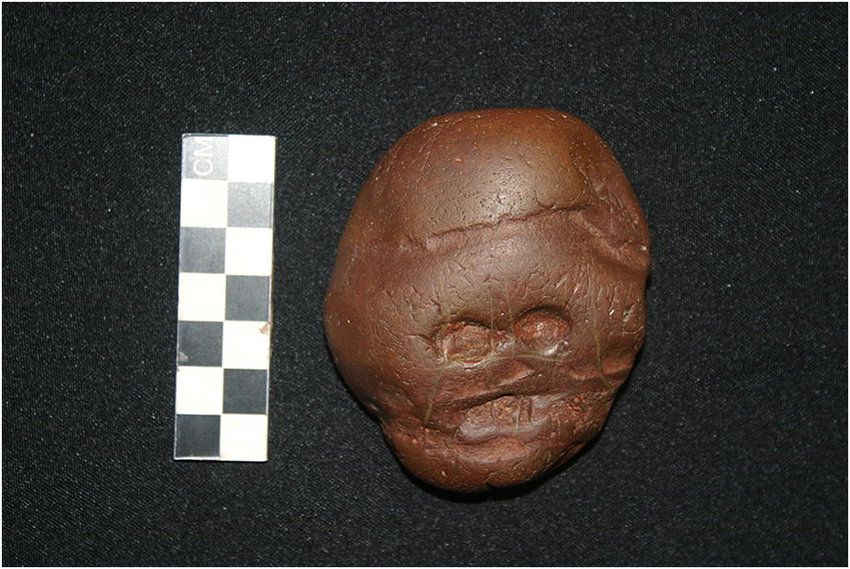Memory moves in mistério. From within, under, down below, not always reacheable, concealed from sight and touch, it vibrates. As L rode his motorcycle that evening past the flickering light signs on the streets, he heard his brother the night before telling him a list of machines that work with vibration. It was an engineer's joke. There are so many of those machines and yet only one that is popularly known as 'THE vibrator'. It's a question of priorities he though. One of those truths that come up in the least expected things in life. Maybe the vibrator would be the closest machine to memory, that is, if a machine could ever, in a million years reverberate in its same frequencies. He wondered if this was the machine that could help him forget some of the things his body couldn't. Maybe that could be where the material and the de-material colide in renegotiation. Or not. He thought he should tell this to G later that evening anyway.
Histories; there are so many types of mourning, and how can one come to possess through sorrow? The venue owners join for a drink and two cigarettes; it is the second-to-last evening they will host, and for tonight, they are the heroes of this experimental scene. The poet Ariana Reines is there, on the rooftop, and plays a prophet, speaking about poetry.
-
-
-
-
- A: It’s a practice that goes badly much of the time.
-
-
-
-
-
-
-
- It doesn’t always feel amazing in the moment, and
-
-
-
-
-
-
-
- it’s not always succeeding––and maybe it has
-
-
-
-
-
-
-
- something to do with the moment. But there are
-
-
-
-
-
-
-
- techniques, and as badly as it goes, it’s a–– I dun-
-
-
-
-
-
-
-
- no––useful thing to do, to write and read poetry.
-
-
-
-
-
-
-
- It costs very little, it takes very little time; I think
-
-
-
-
-
-
-
- it’s a helpful thing to try because we have language.
-
-
-
-
-
-
-
- Enough has accumulated that you don’t have to be
-
-
-
-
-
-
-
- a neuroscientist to see how we’re programming and
-
-
-
-
-
-
-
- being programmed by certain types of speech.
-
-
-
-
-
-
-
- You can take your experience, like a fish if you’re
-
-
-
-
-
-
-
- fishing, and you can reject it, throw it back for an-
-
-
-
-
-
-
-
- other fish. You can say no-thank-you. You can look
-
-
-
-
-
-
-
- at a piece of experience that you might need to keep,
-
-
-
-
-
-
-
- that you might need to turn around a little more
-
-
-
-
-
-
-
- to hold on to. It’s so humble. It’s not fiction, it’s not
-
-
-
-
-
-
-
- a fucking essay, it’s just like, a little bit of almost
-
-
-
-
-
-
-
- nothing that gives you enough space to take a little
-
-
-
-
-
-
-
- bit of agency with your own consciousness. Much of
-
-
-
-
-
-
-
- what I write is just metabolic residue, it’s refuse.
-
-
-
The conversation prolongs to ppl’s interest in oral scribbling, glossolalia with the tongue and teeth as stylus. Later on, an old man in a sweatshirt pulls a can out of a Telfar clutch and sprays ‘fuck cops’ on the wall. The collaboration of G and L is based on a questioning of material and de-materials, forked to the idea of puppetry. There can be a glove, strings, shadow, or dummy. A tailor is also pulling strings to shape a body. L rides a motorcycle back to the brownstone, towards G, but lingers, screenshotting outside the door, thighs still trembling from the motor.
He asked for the lighter and I thought he was sex, body, skin, one night. He looked at me and he could be future, breakfast, a few years together perhaps. He spoke and he was desire, dominance. He spoke again and I was skin color, a challenge, an old history of otherness. He didnt listen and he was whisky, confidence, oblivion. He looked at me again and he was lust I was race.
Temparodolia describes the misconstruing of perception to temporarily view one thing of similar nature as another. There is a point in which it is one or the other, or both, or neither simultaneously. It is an interference in perception as lines of communication cross.

